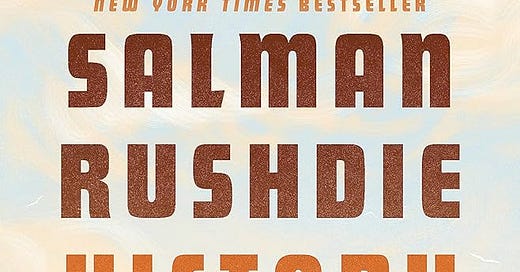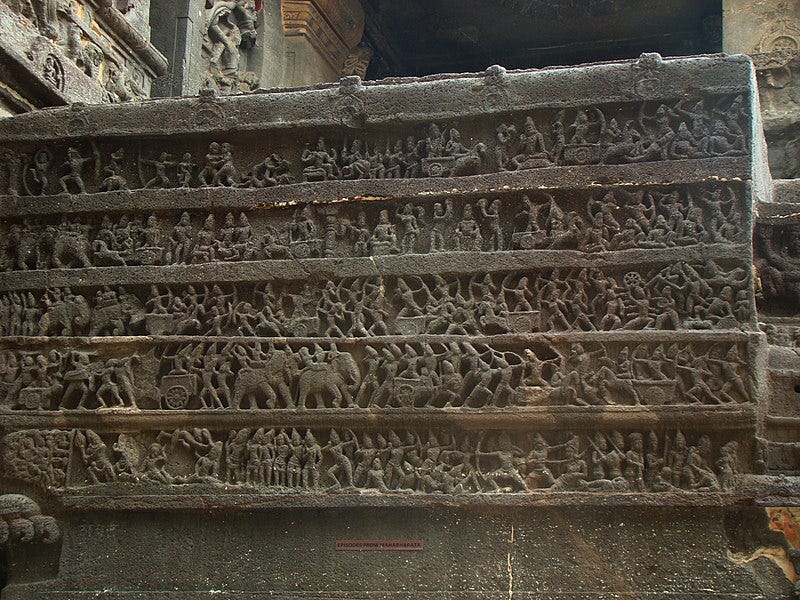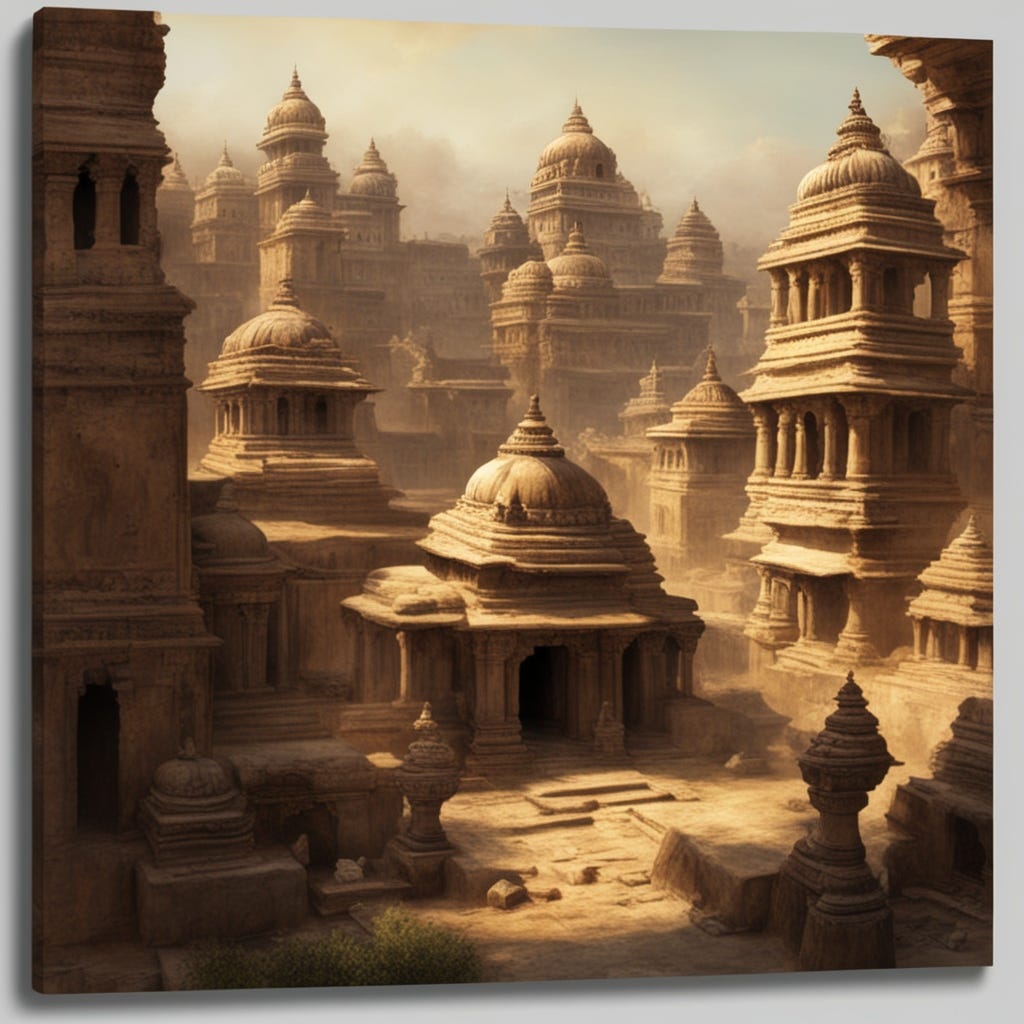Victory City is author Salman Rushdie’s latest novel, written before a vicious attempt on his life on stage in New York in 2022. Infamous for his 1988 novel The Satanic Verses that caused an uproar in the Muslim world, including an Iranian fatwa calling for his death, Rushdie has since been compelled to live a life on the run as the only novelist in the world with a multi-million dollar bounty on his head.
Gratefully, the constant threats on his life have not frightened off the muses. Rushdie oozes stories from his very pores and we are all beneficiaries.
This latest tale to be spun from his fecund imagination is best described as a commentary on India's existential plight under the veil of a magical realist abridgment of an epic poem. For those in the know, it is not too far-fetched to describe this as Rushdie’s Book of Mormon, though more consciously playing off of the epic tradition of India’s Ramayana and Mahabharata.
Ambitious in scope, this novel traverses multiple generations of time in the magical city of Bisnaga (Vijayanagar garbled by a European tongue), loosely based on a real empire in 15th century medieval India whose ruins are now called Hampi. Unlike the historical city, this one is magically conjured out of a bag of seeds by Pampa Kampana, our goddess-possessed immortality-cursed pluralism-obsessed poetess and original author. Innocently, Rushdie is only the humble abridger of her tale. We meet the true author here, along with the main philosophical point of the work:
“I, Pampa Kampana, am the author of this book. I have lived to see an empire rise and fall. How are they remembered now, these kings, these queens? They exist now only in words. While they lived, they were victors, or vanquished, or both. Now they are neither. Words are the only victors. What they did, or thought, or felt, no longer exists. Only these words describing those things remain. They will be remembered in the way I have chosen to remember them. Their deeds will only be known in the way they have been set down. They will mean what I wish them to mean. I myself am nothing now. All that remains is this city of words. Words are the only victors.”
We watch, helplessly, but consoled by lavish prose, as Bisnaga undergoes the inevitable rises and falls, ebbs and flows, triumphs and defeats, that no civilization can escape — not even the magic ones. Pluralism is Pampa Kampana’s deepest desire for her city but her children, the inhabitants on the city, have a mind of their own.
Bisnaga’s utter destruction is foretold early on in its pages but this is a story that is read not for finding out what happens in the end, but rather to stand as witness—to mourn with Pampa Kampana and the fate of her impossible vision.
She dies at the ripe old age of 247 after being blinded by a hot iron. That Rushdie himself would lose sight in one eye after being repeatedly stabbed in the neck on stage by an enemy of pluralism soon after writing this book is an eerie affirmation of the inextricable link between literature and life.
Rushdie’s next book Knife: Meditations After an Attempted Murder comes out this year in April. The publisher describes it as follows:
Speaking out for the first time, and in unforgettable detail, about the traumatic events of August 12, 2022, Salman Rushdie answers violence with art, and reminds us of the power of words to make sense of the unthinkable. Knife is a gripping, intimate, and ultimately life-affirming meditation on life, loss, love, art—and finding the strength to stand up again.
If any of this piques your interest, the best place to start with Rushdie is his Booker Prize winning Midnight’s Children. Then read on!







